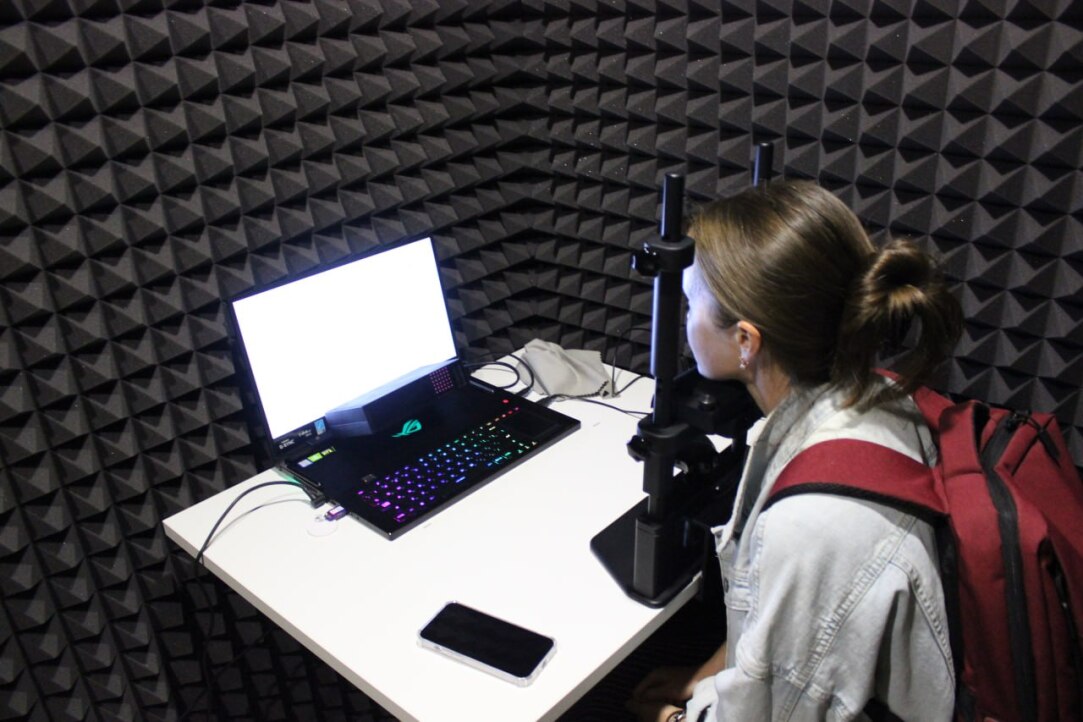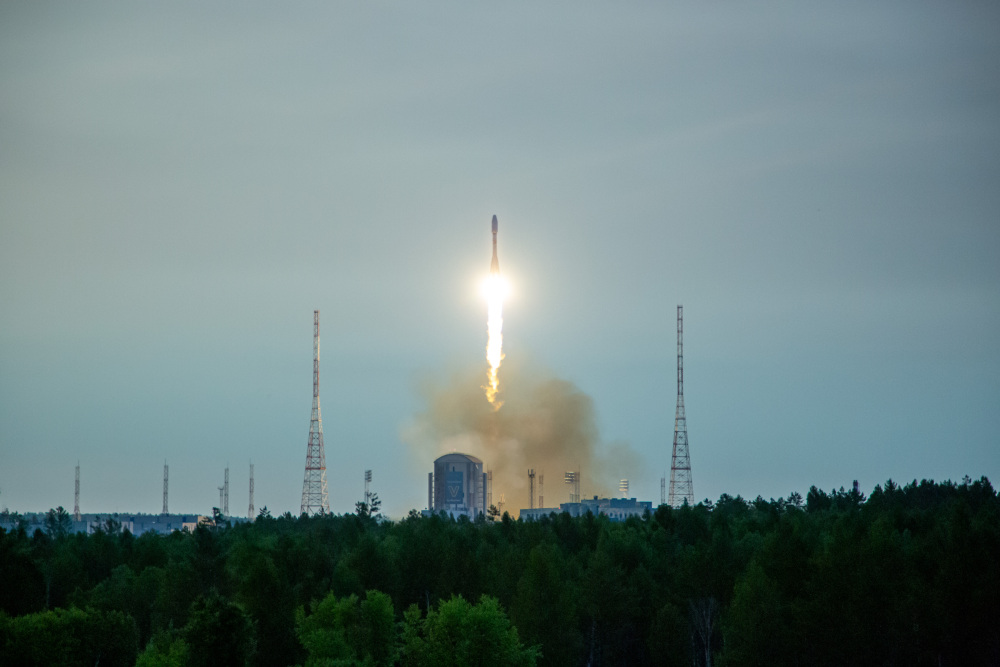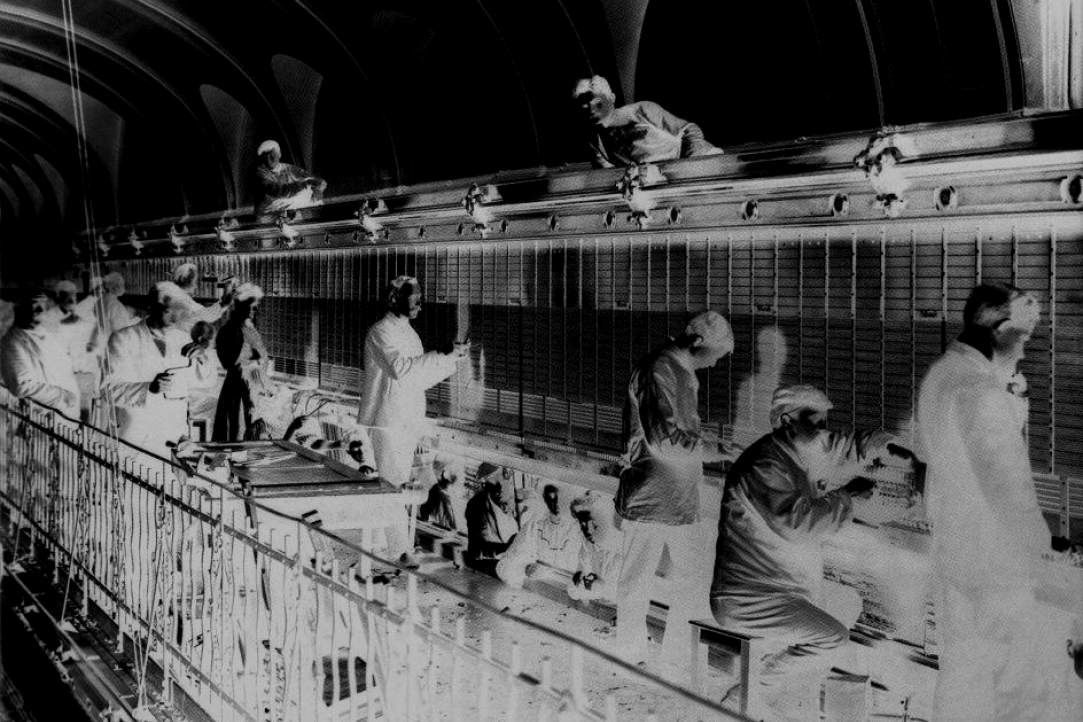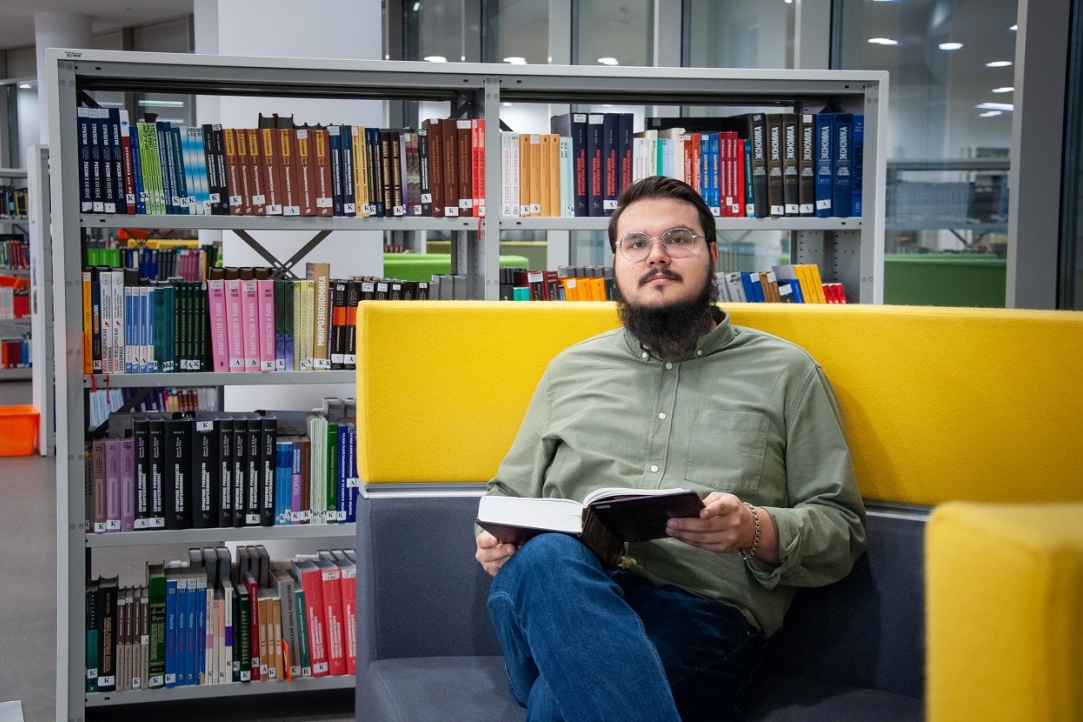
Researchers from HSE University and Brazil to Create New Theory of High Temperature Conductivity
Theoretical physicists from Russia and Brazil are working together on a theory that describes novel superconducting materials with potentially high critical temperatures. The theory can explain many properties of superconductors with non-trivial topological properties, as well as of those with multiple condensates. In this interview, Prof. Mauro Doria from the Institute of Physics at the Federal University of Rio de Janeiro, Brazil, and Prof. Alexei Vagov from the Centre for Quantum Metamaterials, MIEM HSE, talk about their cooperation.

HSE Accepting Applications for Competition of Best Russian-language Scientific and Popular Science Papers
Applications for the fourth HSE University Competition of the Best Russian-language Scientific and Popular Science Papers will be accepted from February 1 to March 15. The authors that receive the highest scores from the expert jury will be awarded on June 6—Russian Language Day. The main goal of the competition is to support and promote Russian language as a language of science, as well as to popularise works affiliated with HSE University among the global Russian-speaking audience.

HSE Creates ‘Transfer of Neurocognitive Technologies’ Consortium
HSE, the Pirogov National Medical and Surgical Centre, and the Centre for Speech Pathology and Neurorehabilitation of the Moscow Healthcare Department have signed an agreement on cooperation and the creation of a ‘neuro-consortium’ under the name ‘Transfer of Neurocognitive Technologies’. The new body will boost the development and implementation of advanced solutions in neurotechnology aimed at maintaining and improving people's health. The agreement was signed for five years, and the consortium is open to new participants.

‘We Control the Flight of Small Spacecraft’: How HSE University Launches Satellites
Following the meeting with participants of the 3rd Young Scientists Congress, Russian President Vladimir Putin assigned the government to include the creation and launch of small spacecraft in a new national project. Universities will also be involved in the project. Dmitrii Abrameshin, Head of the Mission Control Centre at the Moscow Institute of Electronics and Mathematics at HSE University, spoke about the mechanism of small satellites and which satellites have already been launched by HSE University.

HSE Economists Develop a Model for Sustainable Solar Geoengineering Agreements
Researchers at HSE University and George Mason University have investigated the sustainability of prospective international agreements on solar geoengineering. The authors have proposed a scheme in which payments flow from affluent nations to less wealthy ones; an arrangement which sets their proposal apart from traditional systems. The proposed model aims to dissuade more vulnerable countries from excessive use of the prevalent geoengineering method by providing compensation for the potential damage they may incur and supporting their adaptation to climate change. The paper has been published in Environmental and Resource Economics.
.png)
How the Telephone Conquered the World. Episode Nine: Big Connections
The history of the invention of telephony reads like a captivating detective novel, but even more intriguing are the events that contributed to the worldwide adoption of this technology. In this series of columns on IQ.HSE, Anton Basov, HSE Faculty of Computer Science editor, discusses how telephones have become an integral part of our everyday life. The ninth episode of the series explores the development of the first long-distance, interstate, and transatlantic telephone lines, which suddenly made people thousands of kilometres away feel as close as if they were in the same room together.

Human Bodies Impede 6G Signal Transmission
A team of researchers, including scientists from HSE University, have investigated the influence of human movement on the propagation of 6G signals. Within a range of up to 10 metres, the signal attenuation is comparatively minor, yet brief connection failures may still occur. Based on the study findings, a blockage detection algorithm has been developed to account for both signal attenuation and interruptions. The gaming industry is likely to derive the greatest benefits from this discovery. A paper with the study findings has been published in Computer Communications.

How the Telephone Conquered the World. Episode Eight: The Russian Field of Experiments
The history of the invention of telephony reads like a captivating detective novel, but even more intriguing are the events that contributed to the worldwide adoption of this technology. In this series of columns on IQ.HSE, Anton Basov, HSE Faculty of Computer Science editor, discusses how telephones have become an integral part of our everyday life. The eighth episode of the series recounts how Russia first adapted the telephone for military and logistical purposes, created a shell company headed by a nominal executive for reselling the rights to Western competitors, and intensively developed communication infrastructure in the country's two capitals, making such progress that Vladimir Lenin insisted on capturing and maintaining control of telephone exchanges at all costs.

'Working in an Academic Environment Is Like Running an Ultramarathon'
Anton Galeev’s longstanding interest in tracing the origins of academic theories has led him to study the historical development of economic thought. In this interview with the HSE Young Scientists project, Anton discusses Russian economist Yuly Zhukovsky, the importance of staying in good writing shape, and how Disney's Frozen helped solve the Dyatlov Pass mystery.

Research by HSE University and EISR: After visiting Russia Exhibition, the Vast Majority Feel Proud of their Country and Confident in Tomorrow
The achievements presented at the Russia International Exhibition and Forum make visitors proud of their country, believe 98% of the participants in a recent study prepared by HSE University and the Expert Institute for Social Research (EISR) in January 2024. More than 4,200 respondents took part in the survey.

